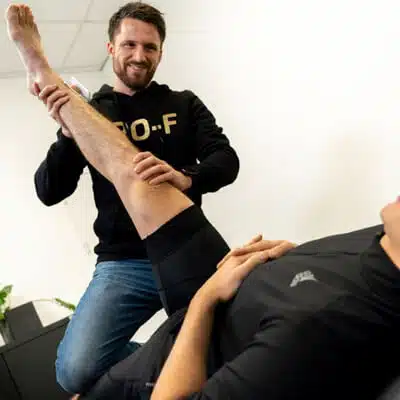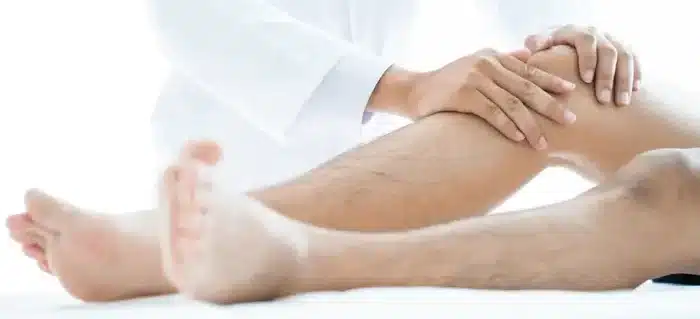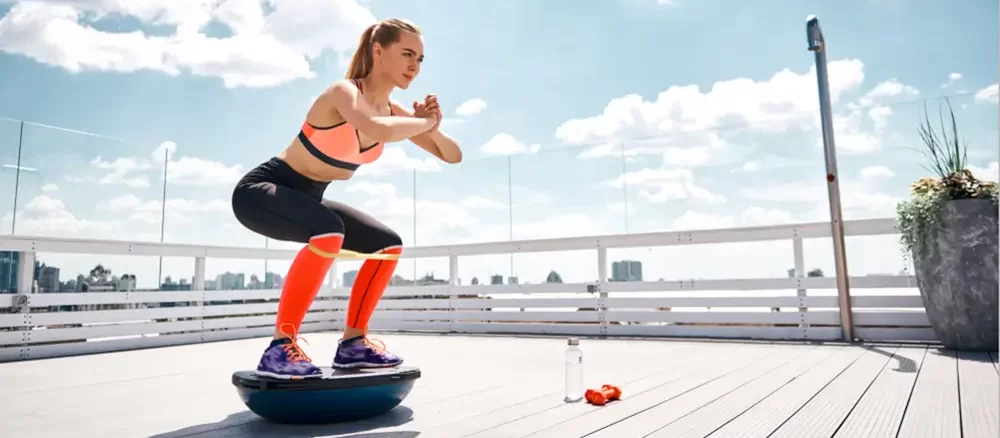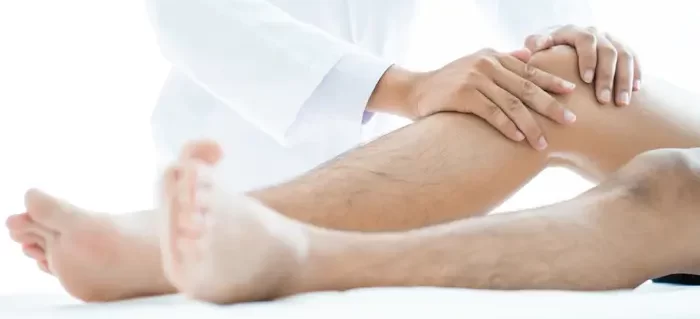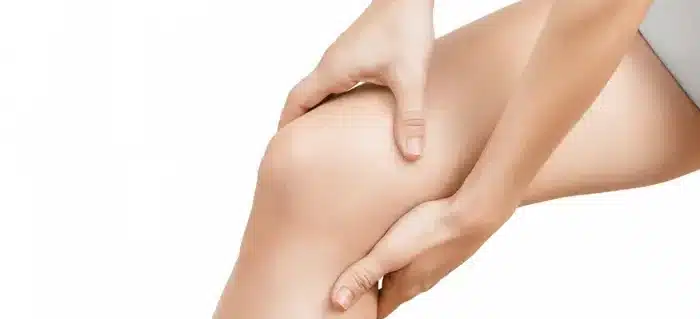
Testen & meten: aanbevelingen voor de toekomst
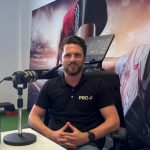
Written by Wouter Welling
Wouter Welling is an exercise scientist with special interest in the anterior cruciate ligament injury. He received his PhD on the topic "return to sport after anterior cruciate ligament reconstruction" at the University of Groningen. In this interview, he gives his views on the future of measurement & testing in anterior cruciate ligament rehabilitation.
5 questions for Wouter Welling
1. What does your ideal picture look like to assess someone, without research restrictions. what else would you want to test? (think context sport, virtual reality field testing, performance, agility, etc.)
Naast de huidige testen zou ik meer op het veld willen gaan testen. “If it happens on the pitch, then test it on the pitch!” We moeten meer naar sport-specifiekere testen met onder andere neurocognitieve elementen daarin verwerkt om onze sporter nog beter te kunnen beoordelen.
2. Do you expect that testing and measurement can be advanced to the point where new VKB injury can be predicted?
A tricky question. Right now I don't think so, because pivoting sports is too complex in that. On the other hand, technology does not stand still, and developments sometimes go very fast.
3. What is your recommendation to health care providers who are not yet testing?
To health care providers who are not yet testing, I would say: you are treading on thin ice. Therefore, make sure you develop a testing protocol, or look in your network for collaborations in the region regarding testing.
4. In your opinion, which tests are indispensable in the testing protocol?
In my opinion, the current tests within the described test battery are indispensable as a basis. Without this data, you cannot make an objective statement about the physical conditions and basic level of the athlete. In the future, data collection is going to play a larger role within physical therapy, is my expectation. With this, we will also use data on the field, in more complex tasks.
5. Looking back at your studies and with the knowledge of today, would you have made different choices within your research?
What I would have done differently is to organize a kind of "final interview" that focuses on the patient's opinion of the rehabilitation. After all, we still sometimes forget about the patient. As professionals in the field, we want to provide the best facilities, protocols and testing methods, but what does the patient really want? I have made a first start with that, by means of an online interview, but this could be much more extensive.
Furthermore, my studies were far from perfect but I had to deal with a number of limitations such as a limited patient group, and also limited time and space since I did my PhD project alongside my daily work. This comes at the expense of your work/life balance, but on the other hand, it also provided a lot.
Wouter Welling is an exercise scientist and employed at Prof in Enschede. He is mainly concerned with testing & measuring athletes.
